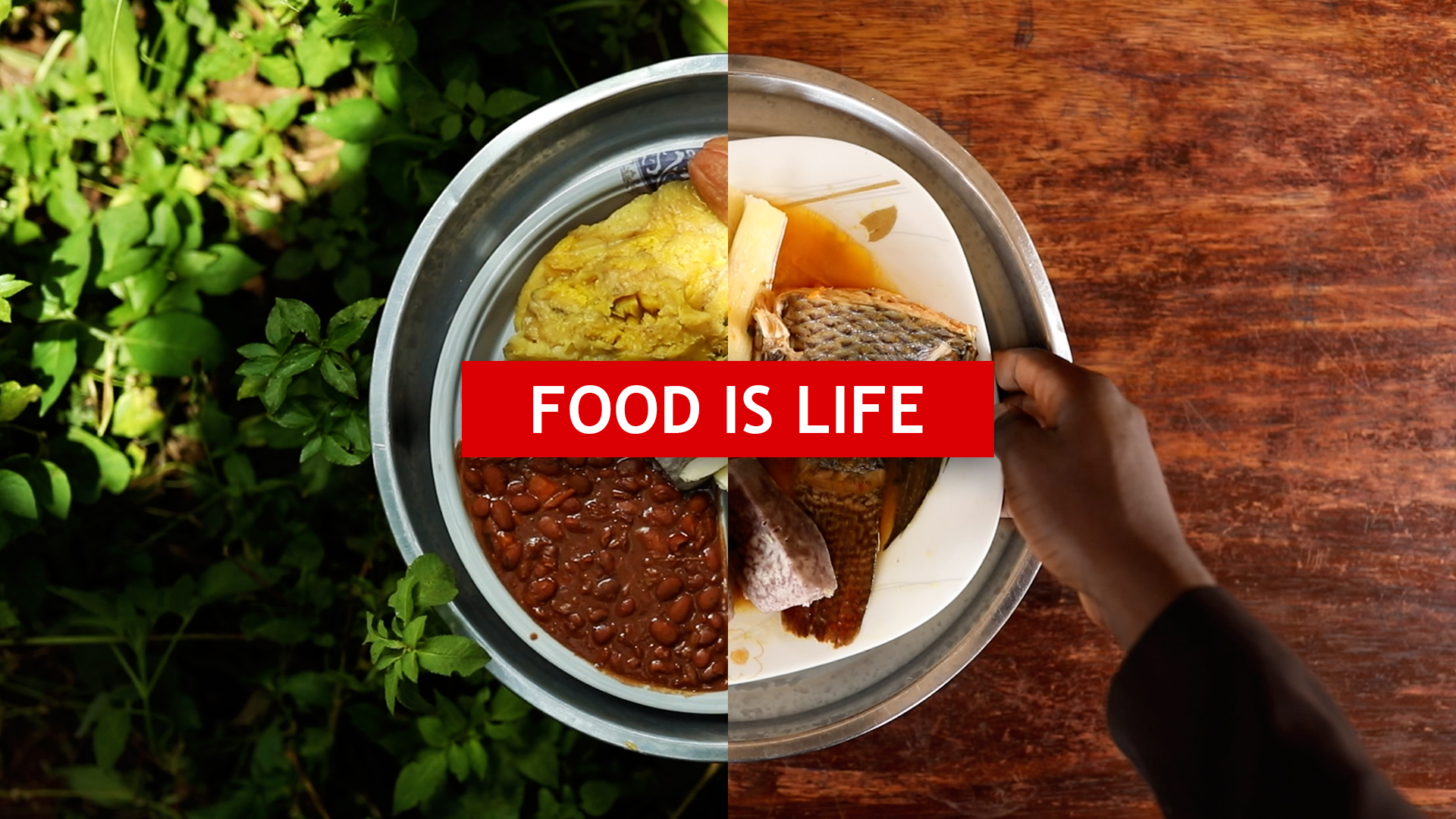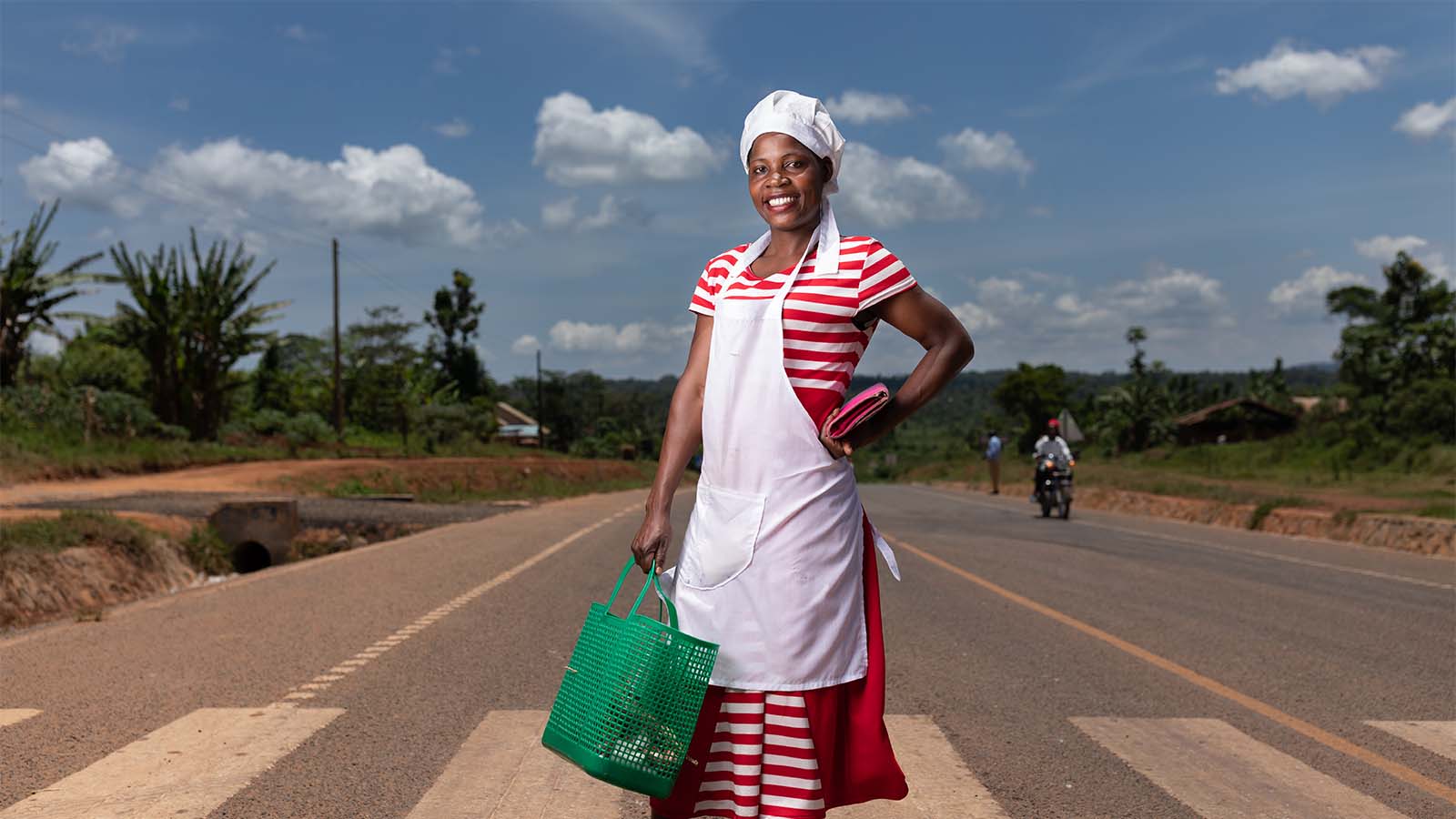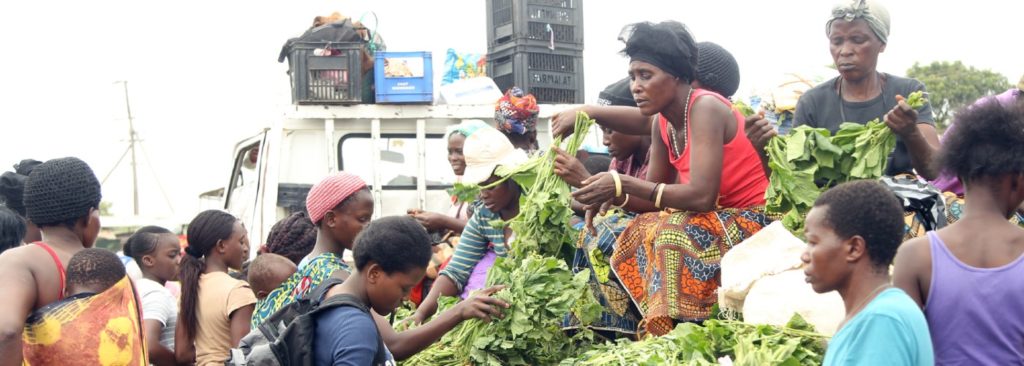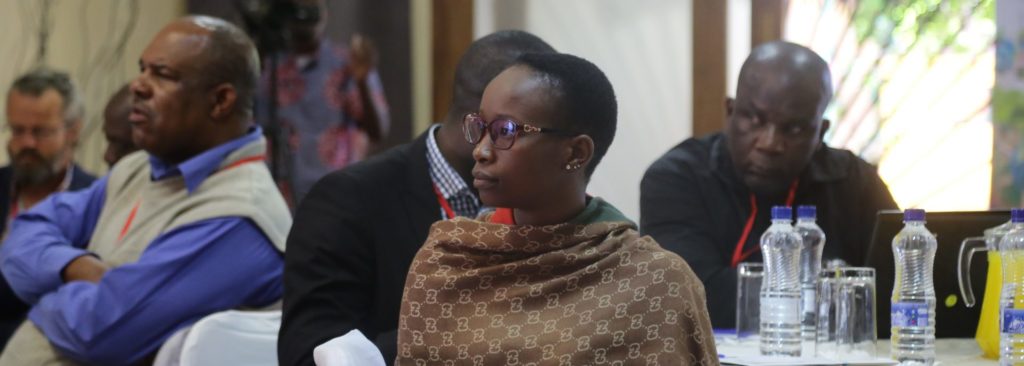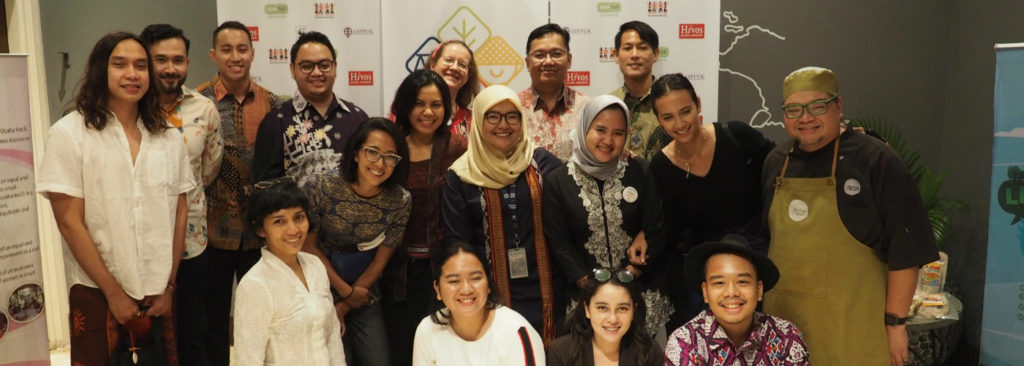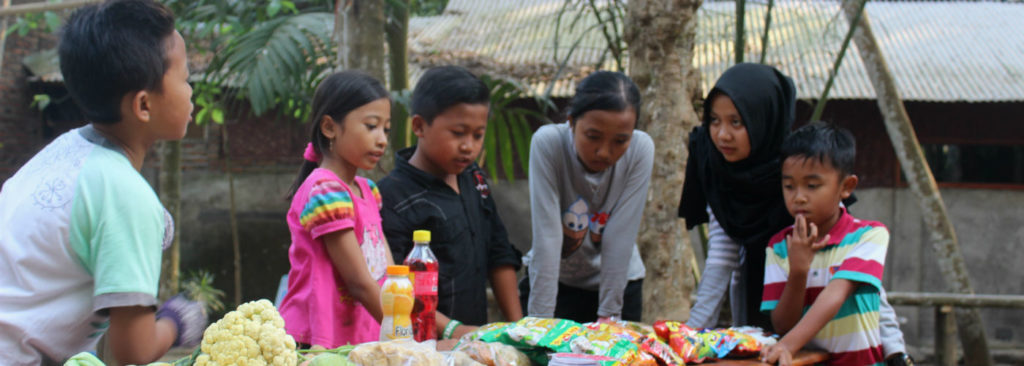Hivos believes people should have access to sufficient, affordable and healthy food that is produced sustainably, now and in the future. Join us as we take you around the world to see inspiring examples of how we can change the food system together.
Food is life
Many healthy indigenous crops in Uganda have been abandoned in favor of cash crops like sugar cane and rice, with consequent detrimental effects on people’s diets. Instead, we should be protecting local food biodiversity and promoting the consumption of traditional foods. Our short film, Food is Life, shows how crucial it is for public policy to include the voices of people working in and using local food systems if we are to ensure sustainable diets for all.
The food voices in Uganda we must listen to
“Food gives us valuable lessons, but so many eat it without knowing its use.” – Sulait (farmer, pictured above)
“People have started abandoning what they used to keep in the old lifestyle, and by doing so, these crops are disappearing to a level of extinction.” – Mathias (Chairperson of Buikwe district)
“I am encouraging all Ugandans to eat traditional foods because it’s good for life.” – Milly (restaurant owner)
Hivos and Sustainable Diets for All
Sustainable Diets for All is an advocacy program that uses evidence, including evidence generated by citizens, to help low-income communities in Bolivia, Indonesia, Kenya, Uganda and Zambia to get better access to sustainable, diverse and nutritious food. The five-year (2016–2020) program is coordinated by Hivos, the International Institute for the Environment and Development (IIED), and partners in the five focal countries. We work with citizens and partner organizations to influence policies, market practices, government actors and international institutions to promote diets which are diverse, healthy, fair and green.
Watch other videos
There is an increased consumption of processed fast foods in Indonesia, especially among children Healthy Generations Ahead shows how starting a healthy food movement in Indonesia begins with children and their parents.
Zambia has one of the world's highest rates of undernourishment as a result of the country's over-dependence on maize. Life Beyond Maize addresses this lack of diversity in the country’s agricultural production and food consumption.
Prioritizing Andean grains and promotes biodiversity and can lead to more sustainable, healthy diets in Bolivia. A Turn for the Better shows the vital role that women play in the food system, from production to consumption.

